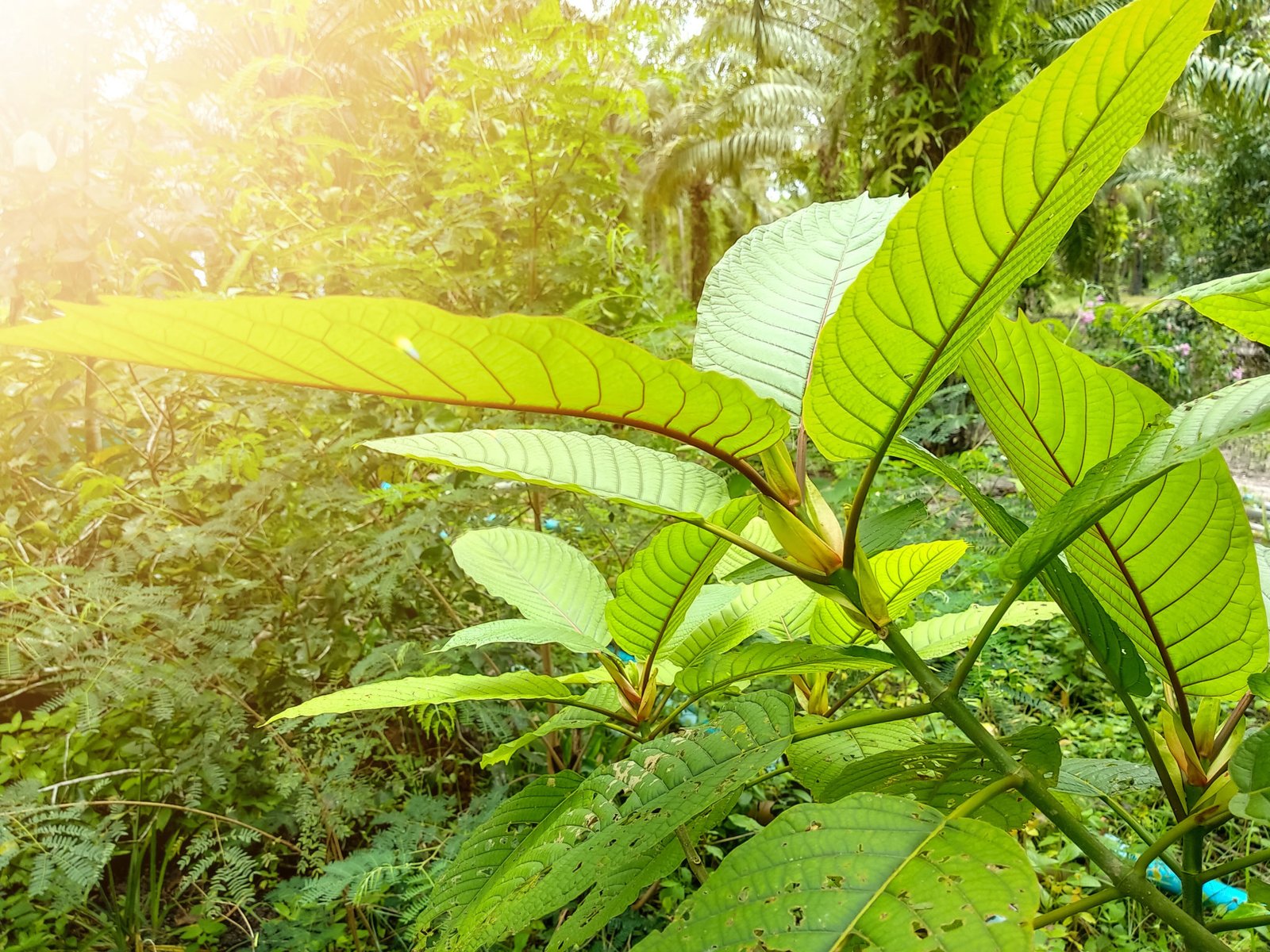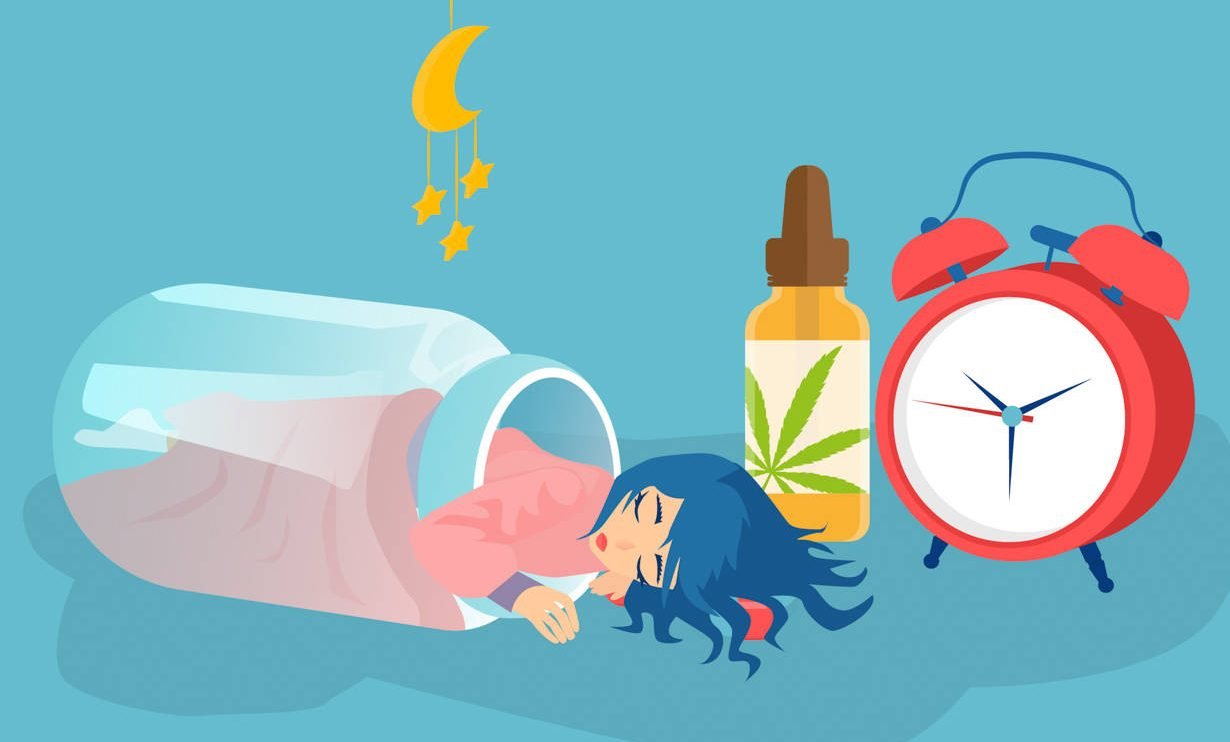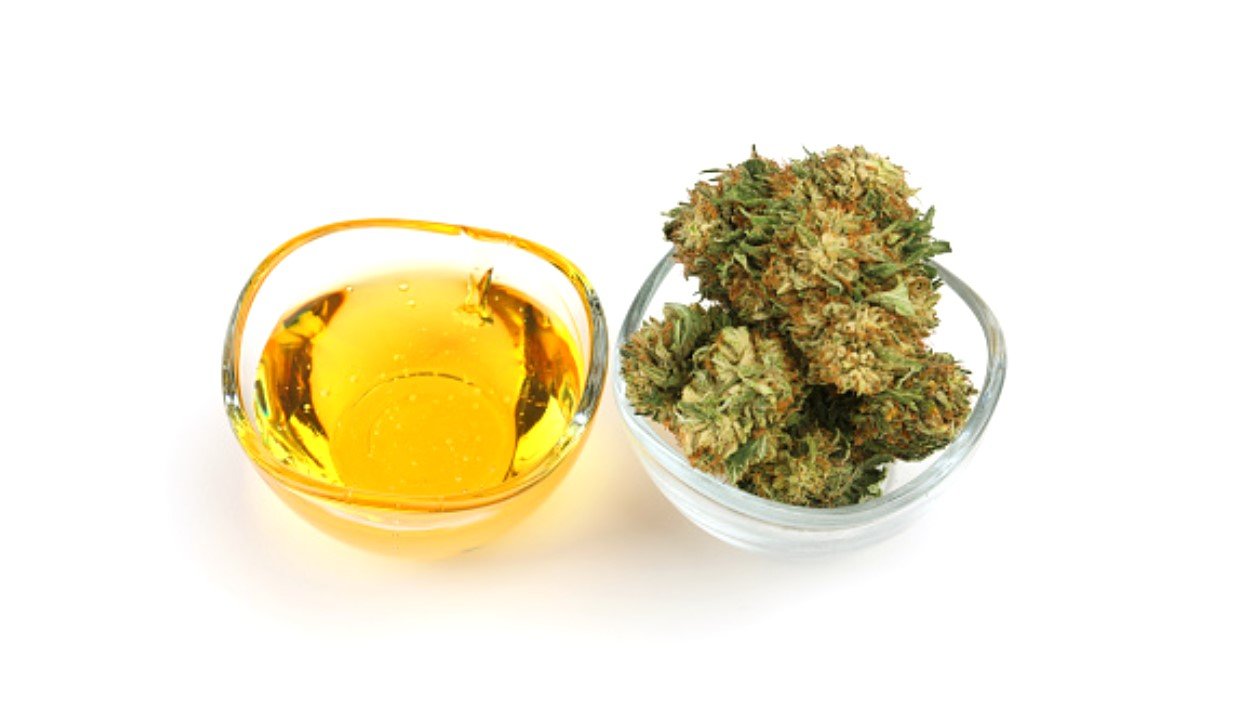Kratom vs. CBD: Which Natural Remedy Works Better

Kratom and CBD are both natural remedies that people turn to when they have chronic pain or anxiety. But kratom is a plant-based product, while CBD is a man-made cannabinoid. There are important differences between the two substances, as kratom works on the body in different ways than CBD does. For example, kratom includes compounds that stimulate opioid receptors in the brain while CBD doesn't. We take a closer look at some of the research into these two herbal remedies!
What is Kratom?
Kratom is used as opioid replacement therapy (OST) with methadone or buprenorphine treatment programs. Kratom is not a controlled substance in the United States because it doesn't come from the poppy plant as other opioids do. It's banned in countries such as Malaysia, Myanmar, Thailand, Finland*, Australia* & Sweden*. Concerns about kratom's side effects include nausea/vomiting, constipation/diarrhea; addiction potential; withdrawal symptoms when stopping use of kratom products.
Kratom History
For thousands of years, kratom has been used in Southeast Asia as a traditional medicine for diarrhea, muscle pain, anxiety, and to reduce opium addiction. There are two main kratom products:
- leaves of kratom that can be ground into powder or left whole;
- powdered kratom leaf extract with water added (kratom tea).
What Can Kratom Be Used For?

Kratom is a drug that has been used for a long time as a remedy for a range of conditions and symptoms. It's used to treat chronic pain, anxiety, and depression, addiction (to opiates or other substances), diarrhea/indigestion, muscle aches; kratoms side effects include nausea/vomiting, constipation/diarrhea. Kratom has been shown in some studies to improve the symptoms of opioid withdrawal when it's taken as a supplement along with opioids during detoxification.
Hoes Does Kratom Work?
Kratom can be chewed, smoked, or steeped in tea. The kratom leaves are dried and crushed into a fine powder, then usually mixed with water or fruit juice.
Kratom affects chemicals on the brain called kappa-opioid receptors (kappa opioid receptors). It may stimulate these receptors to produce some of the same effects as opioids such as pain relief. Kratoms stimulant effect is milder than that of caffeine but greater in magnitude than its analgesic properties.
The leaf of the kratom plant contains at least 25 individual alkaloids. The dominant alkaloid in a typical dose of kratom is mitragynine, which has about the same painkilling potency as codeine when it is taken orally. Three other alkaloids found in kratom have been found to trigger opioid receptors directly or indirectly (i.e., acting on them through the brain).
Research has shown that kratom’s physiological properties exert themselves through neurotransmitter systems, in addition to its unique interactions with opioid receptors. These occur via a variety of interactions including taking part in the production of dopamine, serotonin, and GABA.
What Are Some Side Effects?
While kratom is a powerful herb that has been linked to treating conditions like chronic pain, anxiety, and substance abuse, it comes with some difficult side effects of its own. Kratom’s most common side effects include stomach pains, vomiting, itching, nausea, dry mouth, and lack of appetite. It’s also been blamed in the development or worsening of conditions such as seizures psychopathology and liver damage. Even though these findings have not gone unchallenged by experts who are qualified to study them closely there is little information available about reports which link kratom use to psychosis or harm-related liver damage when compared with other alternatives for physical relief such as opioids.
Kratom Fatality Outcomes Explained
In some cases of death involving kratom, it's other sedatives found in the drug that lead to death. This may be a good indicator that kratom should not be mixed with over-the-counter medications. Studies show that when combined with foods or vitamins, the metabolism of prescription drugs is altered and potentially more dangerous as they can no longer either escape the liver or access treatment.
Therefore, until more research is done on this product, it would still be best for users to take caution and use their own judgment before combining any substances together.
One study found that the threat of overdosing on kratom by itself is unlikely because a sufficiently high dose would have been vomited before reaching the toxic level, unlike for other substances.
What Research Has to Say About Kratom Side Effects?

Medical researchers have determined that kratom has addictive potential itself. This newest discovery directly contradicts the previously debated potential uses as an addiction treatment for opiate abuse, with various studies concluding that the plant product does not curb cravings or withdrawal symptoms while having high reports of its own harmful side effects such as long-term pain, sleeping difficulty, and anger.
For the last few years, adulterants and additives in kratom products have become a source of worry and criticism. This is not an issue for consumers in Asian countries where it can be purchased pure from local producers. However, additives are common among Western sellers with their products being altered with caffeine, synthetic opioids, or other pharmaceuticals. The biggest danger of using kratom doesn't come from the drug itself but rather when substances like these are mixed into the blend.
Kratom vs. CBD
What is CBD? CBD (cannabidiol) comes from cannabis plants. It's not psychoactive like THC, the ingredient in marijuana that gets you "high." The FDA has approved it for certain medical conditions and research is ongoing into its potential applications to other illnesses such as autism spectrum disorder. There are no reports of addiction or withdrawal symptoms when stopping the use of CBD products. CBD is not psychoactive but still has an effect on the brain's receptors. It doesn't have abuse potential because it does not activate opioid receptors as other drugs do.
Similarities: kratom and CBD both acts on receptors in the brain called delta receptor agonists which affect pain pathways; they both have a low risk for addiction
Differences: kratom can produce euphoria, while cbt doesn't.
Final Thoughts
Kratom and CBD are two different remedies for pain. CBD is a safe, legal substance that has been studied more than kratom in the US. CBD is marketed as "medicine" without any specific diseases listed on its packaging- unlike kratoms which promote relief from chronic pain/anxiety/substance use disorder when taken properly according to instructions.



